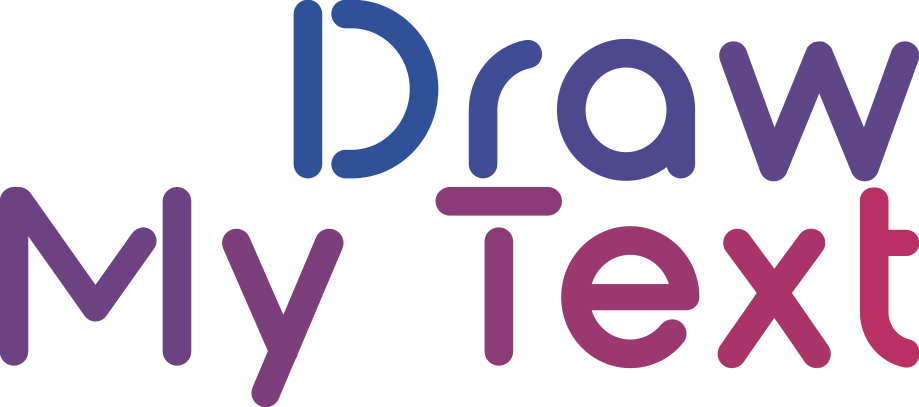
How Generative AI is Transforming Patient Care and Diagnosis
January 19, 2024
Maximizing ROI with Generative AI in Digital Advertising
January 19, 2024
Hey there! 😊 If you’re curious about the ethical contours shaping the future of generative AI, you’re in the right spot! As a seasoned expert in artificial intelligence and related fields, I’m thrilled to dive into this topic with you. Generative AI is on the brink of transforming our digital landscape, but with great power comes great responsibility, doesn’t it? Let’s unravel the tapestry of ethical considerations together and chart a course for a future that honors our values. 🚀
The Ethical Considerations in Generative AI’s Expansion
Generative AI is not just a buzzword; it’s a burgeoning frontier fraught with potential and pitfalls. From creating stunning art to fabricating realistic voices, generative models like GPT-3, DALL-E, and more are pushing boundaries we never knew existed [1]. But as these models gain complexity and autonomy, the question of ethics grows more urgent.
One pressing issue is the potential for misuse. Imagine a world where fake news isn’t just a nuisance but a weaponized stream of content indistinguishable from reality. What happens when deepfakes aren’t just celebrity gimmicks but tools for fraudulence or political subterfuge? And let’s not forget biases. These AI systems can inadvertently perpetuate and amplify societal biases if not carefully stewarded [2]. The need for transparent, accountable, and fair AI couldn’t be more acute.
As we navigate this maze, the industries and creators at the wheel of generative AI must adhere to ethical frameworks that prioritize human rights, privacy, and the veracity of information. It’s not just about what AI can do, but what it should do. This is where our collective vision for the future of generative AI needs to crystallize into actionable strategies.
Charting a Responsible Course for the Future of Generative AI
How do we ensure the future of generative AI is bright and benevolent? The onus is on us to craft policies and frameworks that reign in AI’s omnipotence. Establishing global ethical standards and rigorous oversight mechanisms is a start [3]. These should be agile enough to evolve with the technology while ensuring that human interests remain at the heart of innovation.
Incorporating ethical considerations from the ground up in AI development is another crucial step. ‘Ethics by design’ approaches can pre-empt the negative outcomes by engraining principles like fairness, accountability, and transparency within AI systems [4]. Moreover, public awareness and involvement in shaping the trajectory of AI can democratize its influence and mitigate the risks of concentrated power.
Collaborations between tech companies, governments, academia, and civil society are essential to balance innovation with societal welfare. It’s through these multifaceted dialogs that we can align the objectives of generative AI with humanity’s best interests. Involving diverse voices will also help to illuminate cultural differences in ethical perceptions, creating a more inclusive and representative landscape for AI’s future.
DrawMyText: Ethical Innovations in Generative AI
In the spirit of ethical generative AI, I’d love to introduce you to DrawMyText, an innovative text-to-image platform. They’ve crafted their service with ethical considerations at heart, focusing on providing creatives with the tools to bring their visions to life without infringing on artistic integrity or rights.
With affordable pricing options, you can tap into the power of AI to generate images that capture your message perfectly. Whether you’re an artist seeking inspiration, a marketer aiming for the next viral image, or an educator needing visual aids, DrawMyText has you covered. As an expert and an advocate for ethical AI, I believe it’s crucial to support platforms that prioritize responsibility in their AI services.
So, why not join the ranks of satisfied users benefiting from ethical AI? With transparent practices and a commitment to user privacy, DrawMyText exemplifies the kind of responsible approaches we should all be encouraging in the future of generative AI. Give it a try, and witness firsthand how ethically-aligned AI can enhance your projects.
Frequently Asked Questions on The Ethical Debate of Generative AI
What are the main ethical concerns related to generative AI?
The key ethical concerns encompass the potential for deepfakes, the propagation of biases, questions of authorship and intellectual property, the impact on jobs, and the misuse of AI-generated content in malicious ways. Ensuring transparency and accountability in AI systems to mitigate these concerns is pivotal.
How can we prevent AI from amplifying societal biases?
To prevent AI from amplifying biases, developers must employ diverse datasets, implement fairness assessments, and prioritize inclusive design. Continuous monitoring and updating of AI models can further reduce the risk of bias [5].
What does ethics by design mean for generative AI?
Ethics by design means integrating ethical considerations throughout the AI development process. This includes setting clear ethical guidelines, involving stakeholders in decision-making, and building accountability structures within AI systems to uphold ethical standards.
Can generative AI be regulated, and who should be responsible?
Generative AI can and should be regulated. This responsibility falls on a collective of stakeholders including governments, industry leaders, academia, and civil society. Multi-stakeholder approaches to governance will likely be most effective in balancing innovation with ethical use.
How important is public participation in shaping the future of generative AI?
Public participation is crucial in shaping the ethical landscape of generative AI. It ensures that the technology develops in a way that aligns with societal values, enhances the diversity of perspectives, and democratizes the influence of AI across different communities.
Keywords and related intents:
Keywords:
1. Generative AI
2. Ethical considerations
3. AI ethics
4. Bias in AI
5. Deepfakes
6. Transparency and accountability
7. Ethics by design
8. AI regulation
9. Public participation
10. DrawMyText
Search Intents:
1. Understanding the ethical challenges of generative AI.
2. Exploring cases of misuse in generative AI technologies.
3. Assessing the impacts of AI biases on society.
4. Identifying strategies to ensure transparency in AI development.
5. Finding out how ethical frameworks are guiding AI innovation.
6. Learning about the ethics by design approach for generative AI.
7. Investigating the role of regulation in generative AI technology.
8. Exploring the importance of public participation in AI ethics.
9. Discovering platforms like DrawMyText that prioritize ethical AI practices.
10. Seeking guidance on how to engage with ethical AI advancements responsibly.
#future of generative ai
#Ethical #Debate #Navigating #Future #Generative


